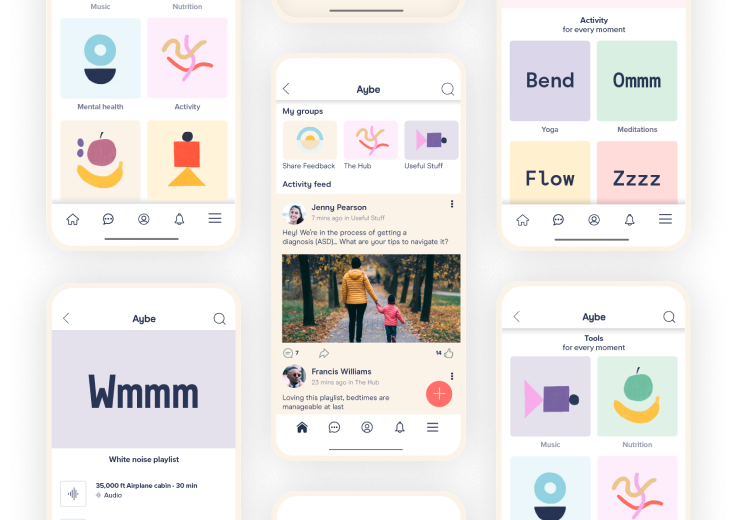What is Dyspraxia?

Did you ever wonder what dyspraxia is? Do your child or you have some of the common challenges associated with it? There are some common strengths too which you would be interested to find out in this article.
Dyspraxia
Dyspraxia is a neurodivergence that impacts movement and physical coordination. It is estimated to occur in about 5% of the population, and a key element is that the movement differences are not caused by other visual, intellectual, or medical or motor-based conditions. Dyspraxia is still relatively less understood and recognised than many other neurodivergences.
It typically impacts fine and gross motor skills, and can co-occur with ADHD, dyslexia, and other neurodivergences. Another term often used for dyspraxia is Developmental Coordination Disorder (or DCD). Like many neurodivergences, there is frequently a family history of dyspraxia.
Join the Community
Download the app to access more specialist advice, community support and wellbeing tools.
Join today as a Contributor member to gain free* access!
Download now
*Free access, in return for contributing to Aybe on a weekly basis, for example by commenting, liking, responding to feedback requests. See Terms & Conditions.

Challenges that can be common with Dyspraxia:
- Fine and gross motor activities can be difficult, and individuals may struggle with clumsy movements that can impact outcome or cause injury. This can include sitting, walking, crawling, running, writing, drawing, grasping items, and more.
- Motor difficulties may also make academic performance more difficult or cause it to be lower than expected due to difficulties demonstrating knowledge because of difficulties with actions like writing or drawing.
- Daily life activities like self-care, play, and grooming may be frustrating or more difficult. Depth perception difficulties may heighten this, as well.
- Social activities based on movement, like sports, may be more challenging or more stressful.
- Reading and notetaking may be tougher.
- Behaviour and emotional management may be more difficult both because of symptoms and the added stress of navigating social or academic situations.
- Speech clarity may be impacted, as coordinating the formation of sounds can be more difficult.
- If peers or others are unkind or point out some of the regular difficulties, it may impact mood and self-esteem or cause heightened anxiety.
Strengths that are often found with Dyspraxia:
- Taking time to work through skills carefully can lead to deep understanding of specific topics.
- Individuals with dyspraxia are often found to have heightened creativity, artistic skills, or skills with technology or computers.
- Their experience with extra tools and practice to adjust to difficulties can also lead to a high level of problem-solving skills over time
- As they grow, people with dyspraxia will often develop more autonomy and self-confidence through their strategies to support their needs and strengths.
An important note: Obtaining a diagnosis can be a huge step in understanding why the world can seem so different, so if anything here sounds familiar, we recommend talking through questions or concerns with your healthcare provider. These are helpful resources to get started with:
For resources for children, especially their education, and to inform their families and schools.
And for both children and adults with dyspraxia. This also includes many adult-specific resources for work and similar topics.
Many Other Forms of Neurodivergence
Other common neurodivergence you may experience are:
- Autism
- ADHD
- Dyslexia
- Tourette Syndrome
- Dyscalculia (coming soon)
Check back in as we create more resources for these neurodivergence in the coming weeks.
Find yourself learning more about these conditions or revising your support plan and need more info? If you are after any specific tools or support, please let us know what you need within our community.
Join the Community
Download the app to access more specialist advice, community support and wellbeing tools.
Join today as a Contributor member to gain free* access!
Download now
*Free access, in return for contributing to Aybe on a weekly basis, for example by commenting, liking, responding to feedback requests. See Terms & Conditions.



